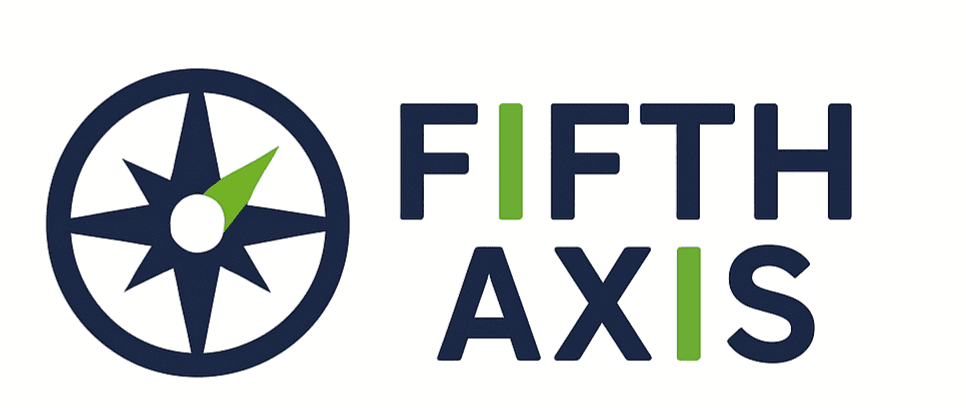Business Plan Consultant vs. DIY: Pros and Cons for Startups
Understanding the Need for a Business Plan
As a startup, having a solid business plan is essential. It serves as a roadmap, guiding you through the early stages and helping you navigate challenges. A well-crafted business plan can also attract investors and secure funding. However, the question arises: should you hire a business plan consultant or go the DIY route?

Advantages of Hiring a Business Plan Consultant
Engaging a business plan consultant offers several benefits. Firstly, consultants bring a wealth of experience and expertise. They understand what investors are looking for and can tailor your plan accordingly. This professional touch can make a significant difference in the quality and effectiveness of your plan.
Moreover, consultants can save you time. Writing a comprehensive business plan requires extensive research and analysis. By outsourcing this task, you can focus on other crucial areas of your startup, such as product development and marketing.
Drawbacks of Hiring a Consultant
Despite the advantages, hiring a consultant can be expensive. Startups often operate on tight budgets, and the cost of professional services may not be justifiable for every business. Additionally, there is a risk of losing personal insight into your own venture if you rely too heavily on an external party.

Benefits of the DIY Approach
Opting to create your business plan yourself can be more cost-effective. This approach allows you to invest your resources into other critical aspects of your startup. Additionally, working on your own plan can deepen your understanding of your business model and target market.
The DIY method can also provide greater flexibility. You can adjust and update your plan as needed without waiting for external input. This adaptability can be crucial in the rapidly changing landscape of a startup.
Challenges of Going DIY
However, crafting a business plan on your own has its challenges. Without professional guidance, you may overlook important details or fail to present your business in the best light to potential investors. The process can also be time-consuming, which might detract from other pressing startup priorities.

Balancing Costs and Benefits
When deciding between a consultant and DIY, consider your specific situation. If budget allows, a consultant could provide a strategic edge. On the other hand, if finances are tight, investing time in learning to create your own plan might be worthwhile.
An alternative approach is to combine both methods: start with a DIY draft and then consult with a professional for refinement. This hybrid method can balance cost with expertise.
Final Thoughts
Ultimately, whether you choose a business plan consultant or go DIY depends on your startup's unique needs and resources. Weigh the pros and cons carefully, remembering that the most important outcome is a strong, actionable business plan that positions your startup for success.
